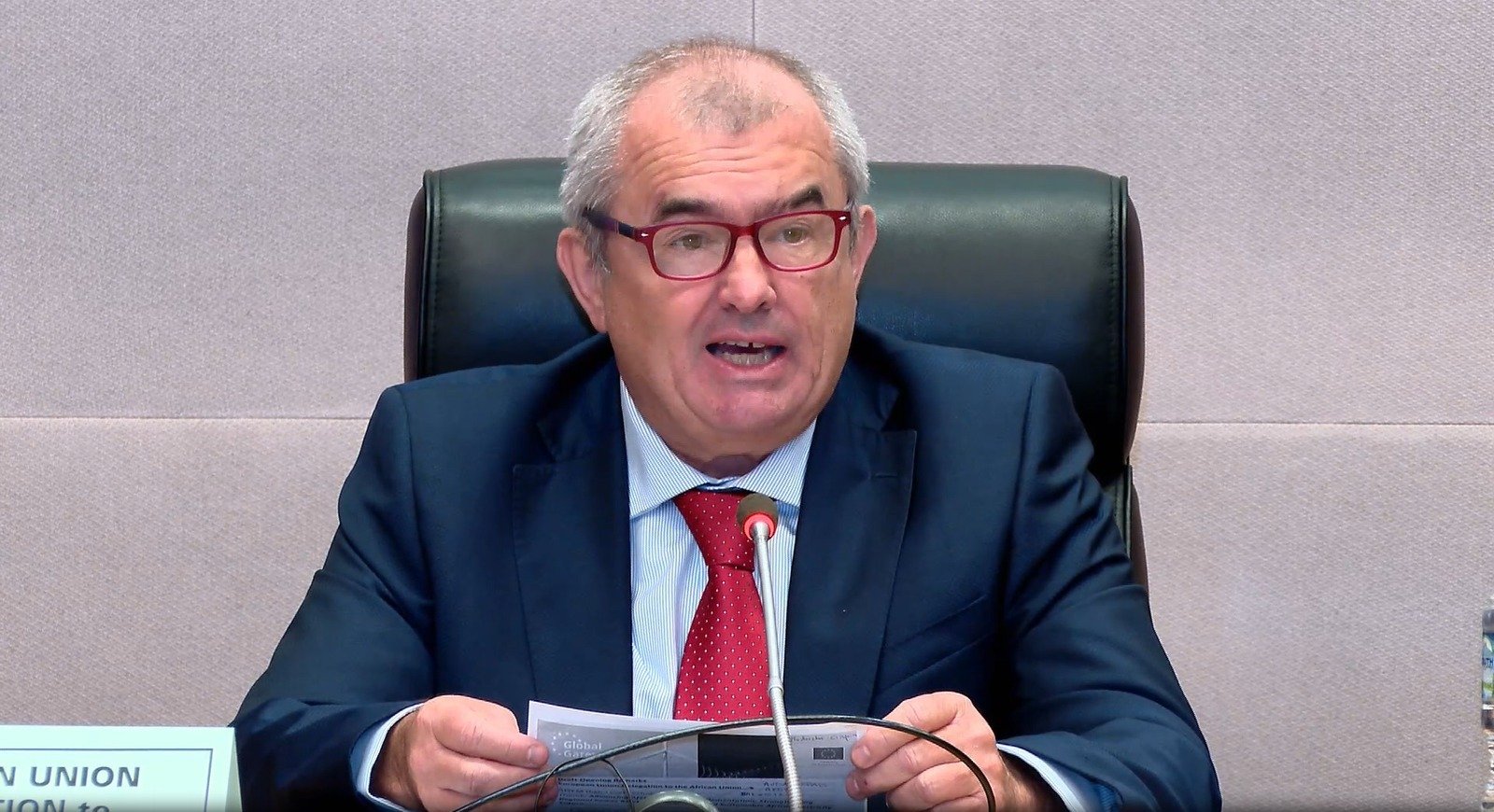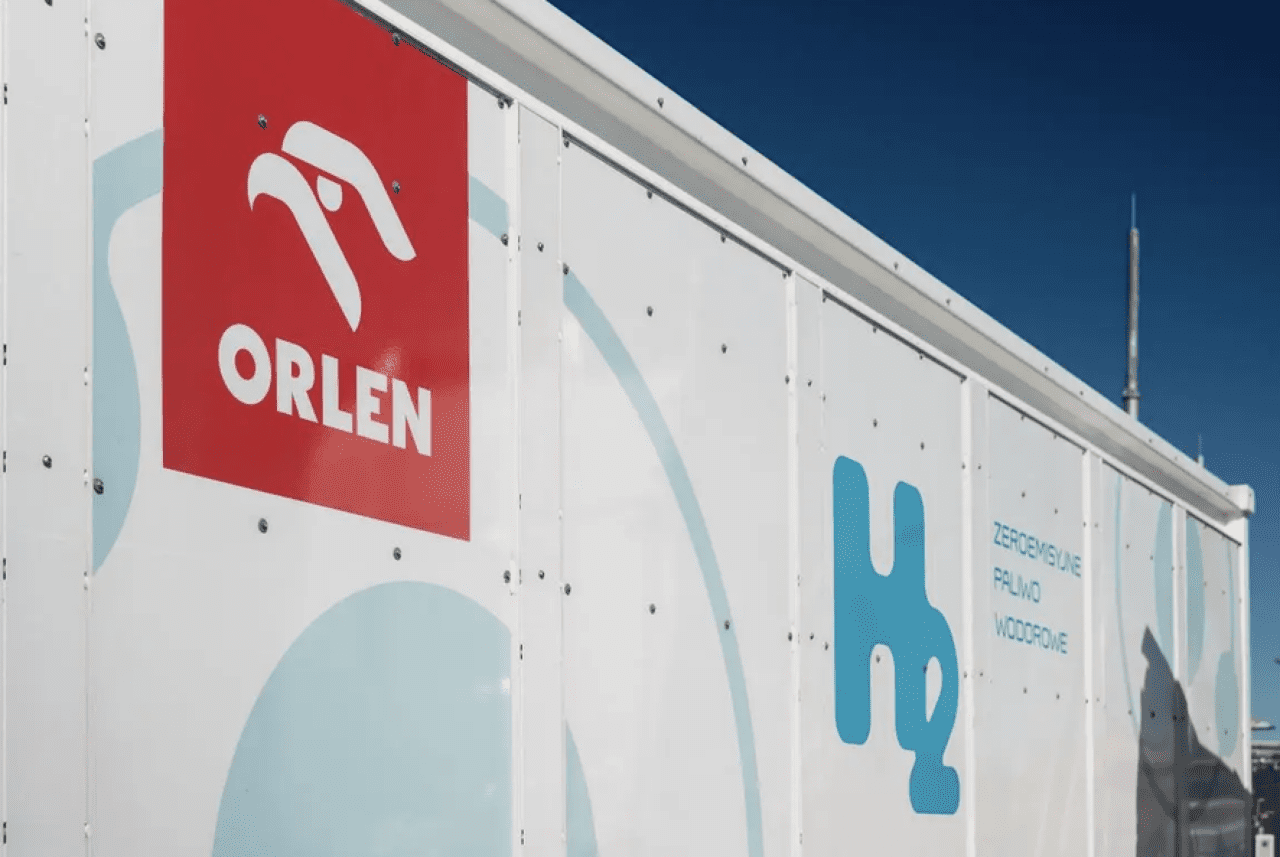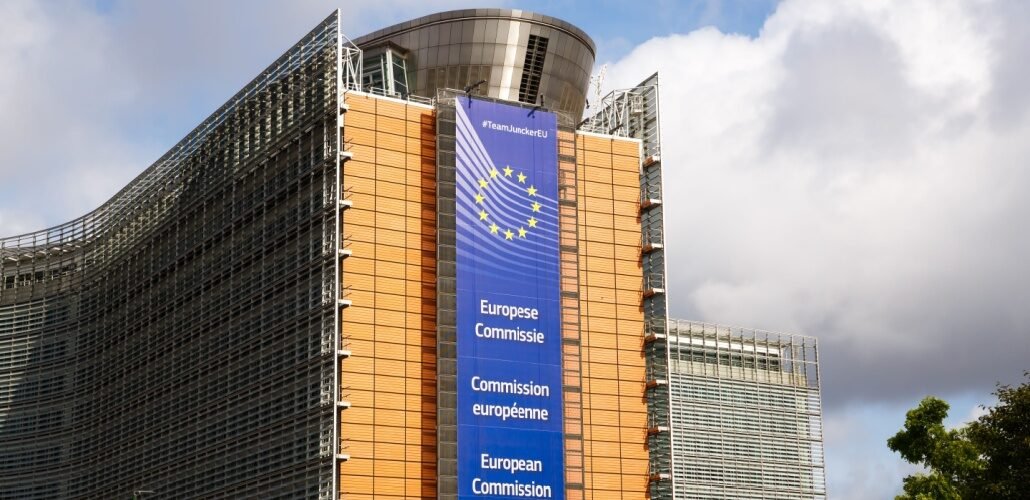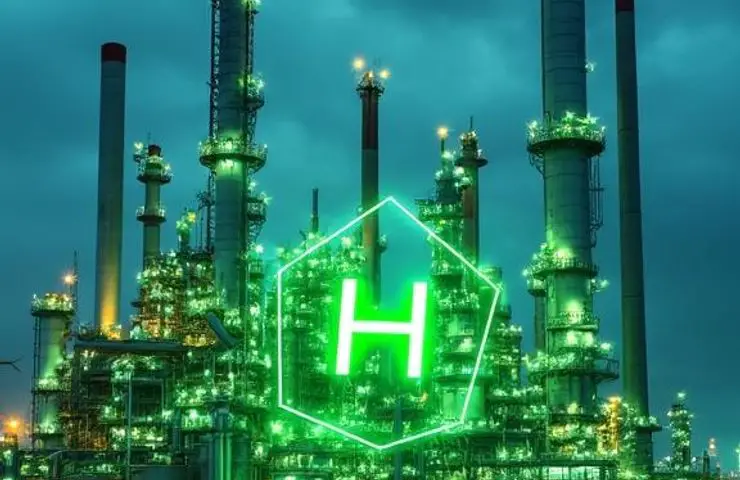The European Union (EU) has reiterated its support for enhancing renewable energy initiatives and regional energy trade in Africa. During the African Single Electricity Market (AfSEM) High-level Technical meeting held in Addis Ababa on June 30, 2025, Gianluca Azzoni, the Head of Policy and Cooperation at the EU delegation to the African Union, highlighted the importance of collaboration between African institutions and regulatory bodies.
Azzoni praised the efforts of the African Union’s energy institutions, regional economic communities, and member states in coordinating these initiatives. He stated that the EU aims to facilitate investment in energy infrastructure and improve access to energy through the Africa-Europe Green Energy Initiative. “We are committed to removing investment barriers and strengthening regulatory frameworks to unlock the potential of renewable energy,” Azzoni added.
As AfSEM transitions from its design phase to full implementation, Azzoni encouraged member states and regional institutions to sustain progress, deepen collaboration, and incorporate AfSEM principles into their national and regional planning.
Wale Shonibare, Director of Energy Financial Solutions, Policy, and Regulation at the African Development Bank (AfDB), noted that electricity trading enables countries to access cheaper and cleaner energy sources. He confirmed that AfDB is expanding various de-risking tools such as partial risk guarantees and blended finance instruments to support renewable energy projects.
Shonibare emphasized that successful implementation requires collaboration among multilateral development banks, bilateral partners, and private financiers. Tichakunda Simbini, Energy Principal Program Officer at AUDA-NEPAD, highlighted the importance of the Central African Power Pool and the Southern and Eastern Power Pools in generating and trading electricity. He urged partners to ensure these regional power pools become operational by 2030, aligning with AfSEM’s timeline.
Kamugisha Kazaura, Director of Infrastructure and Energy at the African Union Commission, remarked that this meeting marks a crucial opportunity to lay the groundwork for a unified African electricity market that delivers reliable and affordable energy across the continent. He acknowledged the EU’s ongoing technical and financial support since the program’s inception in 2015.
AfSEM aims to enhance energy security, sustainability, and competitiveness among African Union member states. The collaboration between the EU and African institutions is expected to foster a more integrated energy market, enabling countries to benefit from shared resources and improved energy access.




